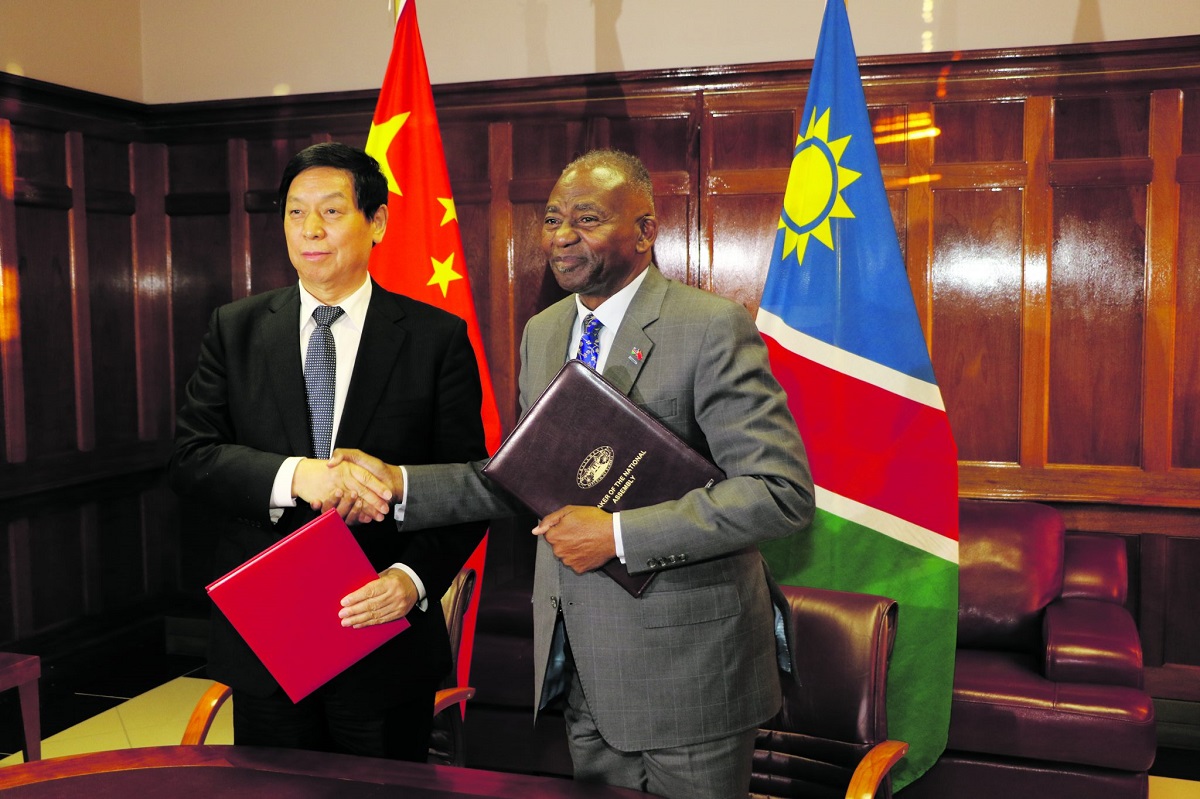Most farmers have usually had problems when it comes to getting the funds they need to boost their farming processes and have hence, experienced huge financial losses. This is why, BK TecHouse has introduced a platform that would help to reduce the problems which arise due to lack of funding.
The platform will serve to assure lenders and always keep them informed on how their money is being spent. With more investments in the agricultural sector, the agricultural productivity indices is expected to increase greatly.
The platform, Smart Nkunganire System (SNS) will ensure that all farmers receiving funds via the platform will comply with the recommended best farming practices that will ensure a productive yield. The practices can range from the use of quality agro-inputs to the quantity used. Based on those parameters, the farmers will then qualify to collect a loan for use in improving the quality of their harvest.
BK TecHouse, the Rwanda Agriculture Board and the Private Sector Board have also held a one-day meeting with all private and public agricultural institutions and the expected beneficiaries (Farmers & agro-input suppliers, dealers and distributors) to lay out a plan on how the system will be used.
At the end of the meeting, all parties have agreed to digitize Rwanda’s agro-input for increased efficiency, productivity and transparency which would allow bout small-scale and large-scale farmers have access to the loans and insurances available.
For all available loans given, an expiration date is attached should a farmer choose not to use it, hence making it available to other interested investments.
Following this, the Rwanda Agriculture Board will work towards providing farmers with genuine seeds, fertilizers and irrigation equipment while the Private Sector Board will connect farmers with the right agro-dealers, cooperatives and prospective markets.
According to a report by Finscope in 2016, 70% of its Rwanda’s population are involved in agricultural activities and contribute a large 30% to the nation’s GDP with only about 7.4% of the commercial loan allocated to agriculture.


